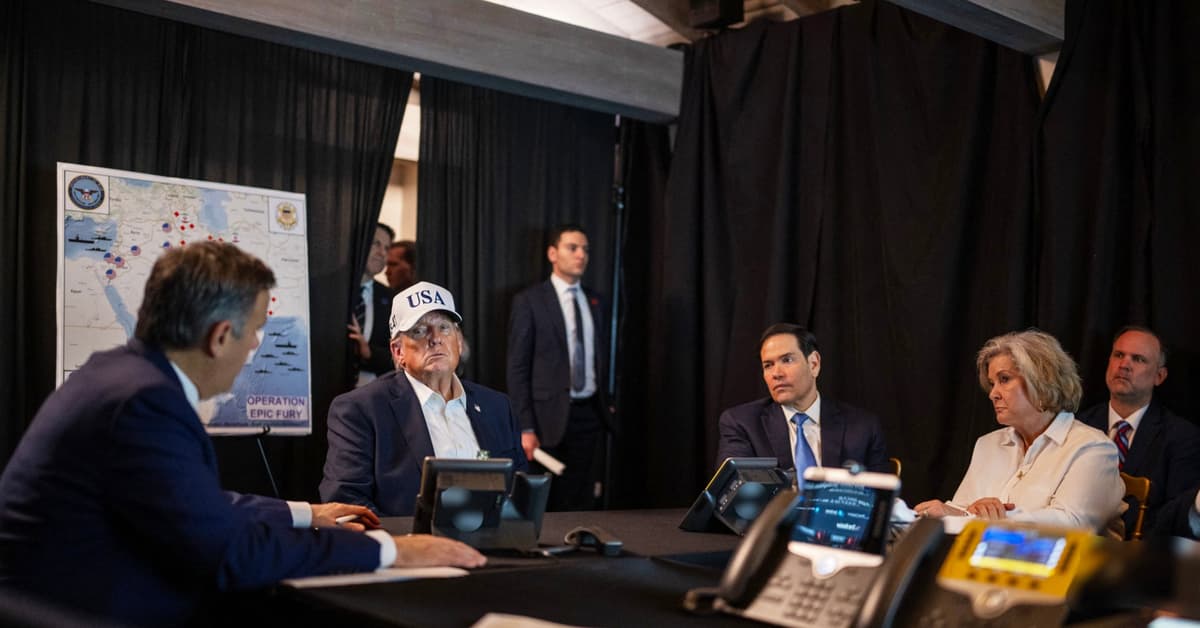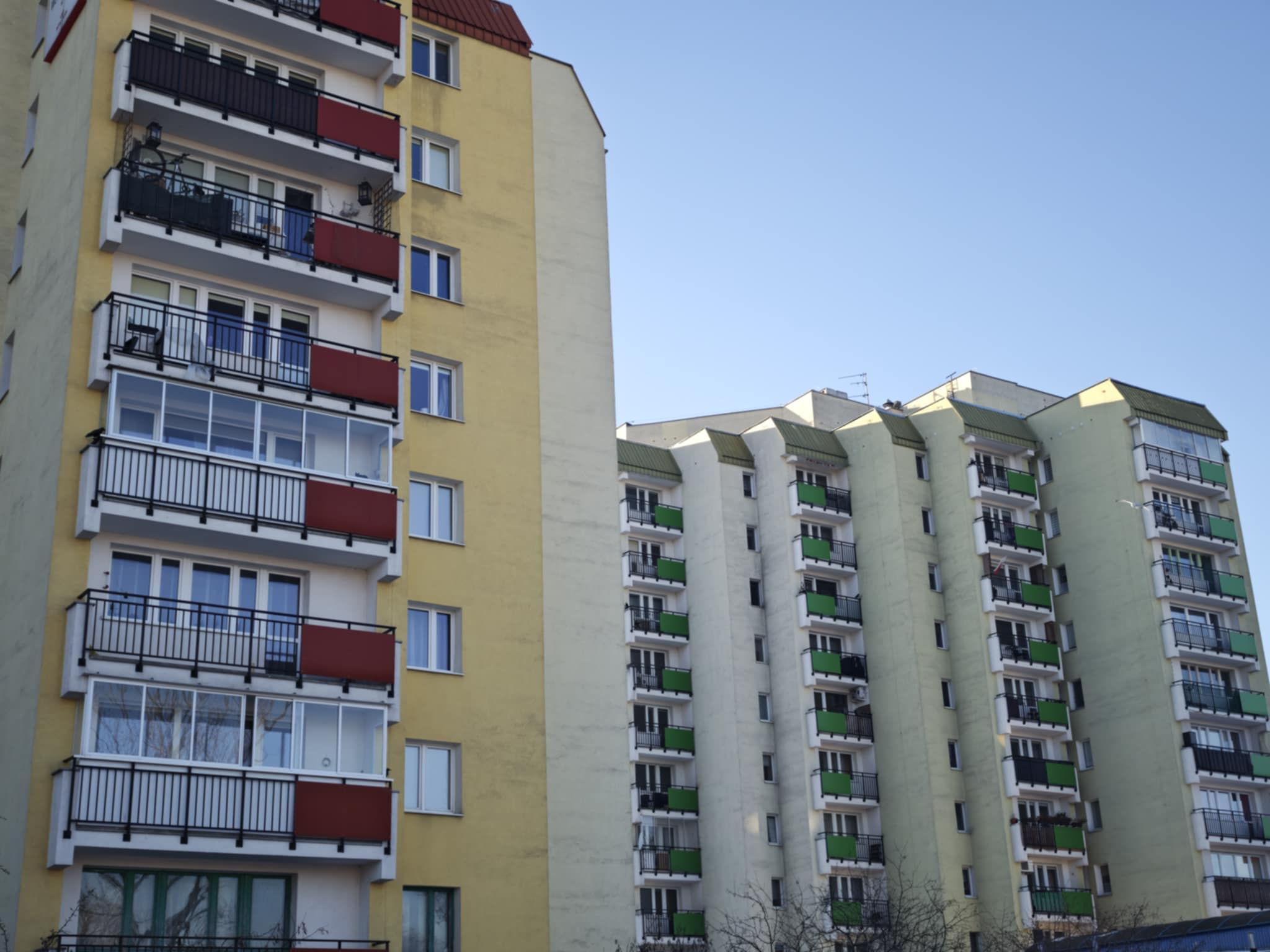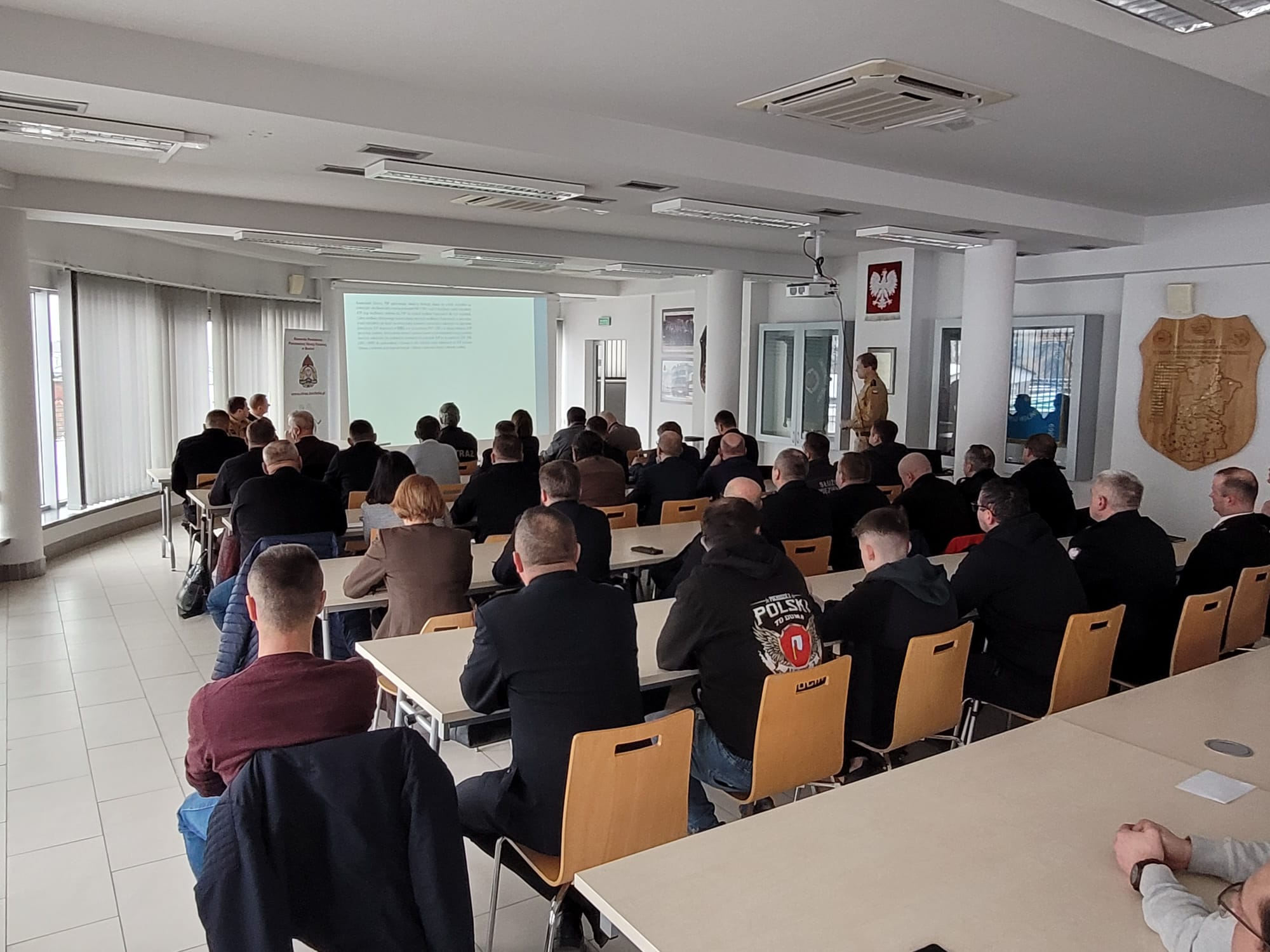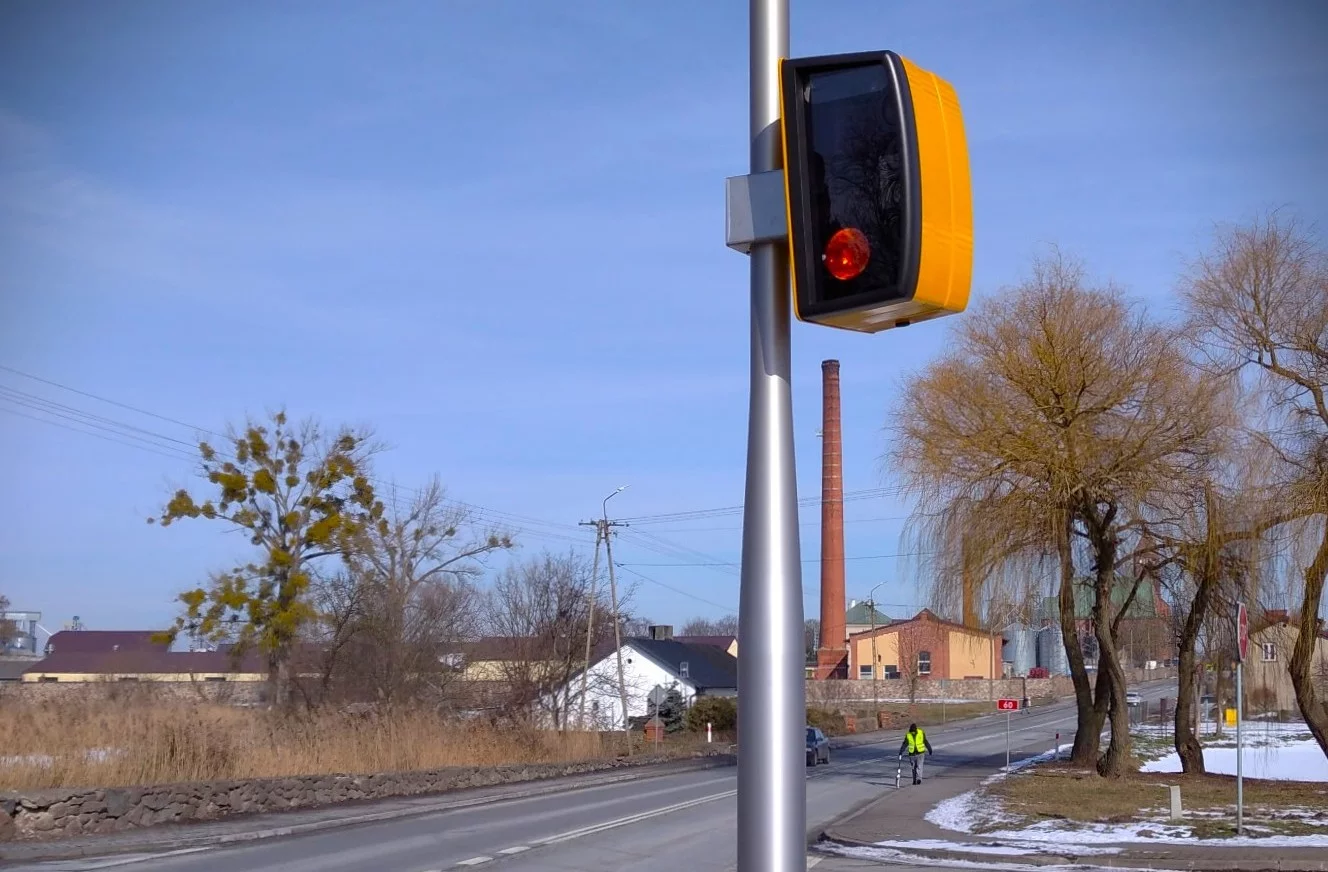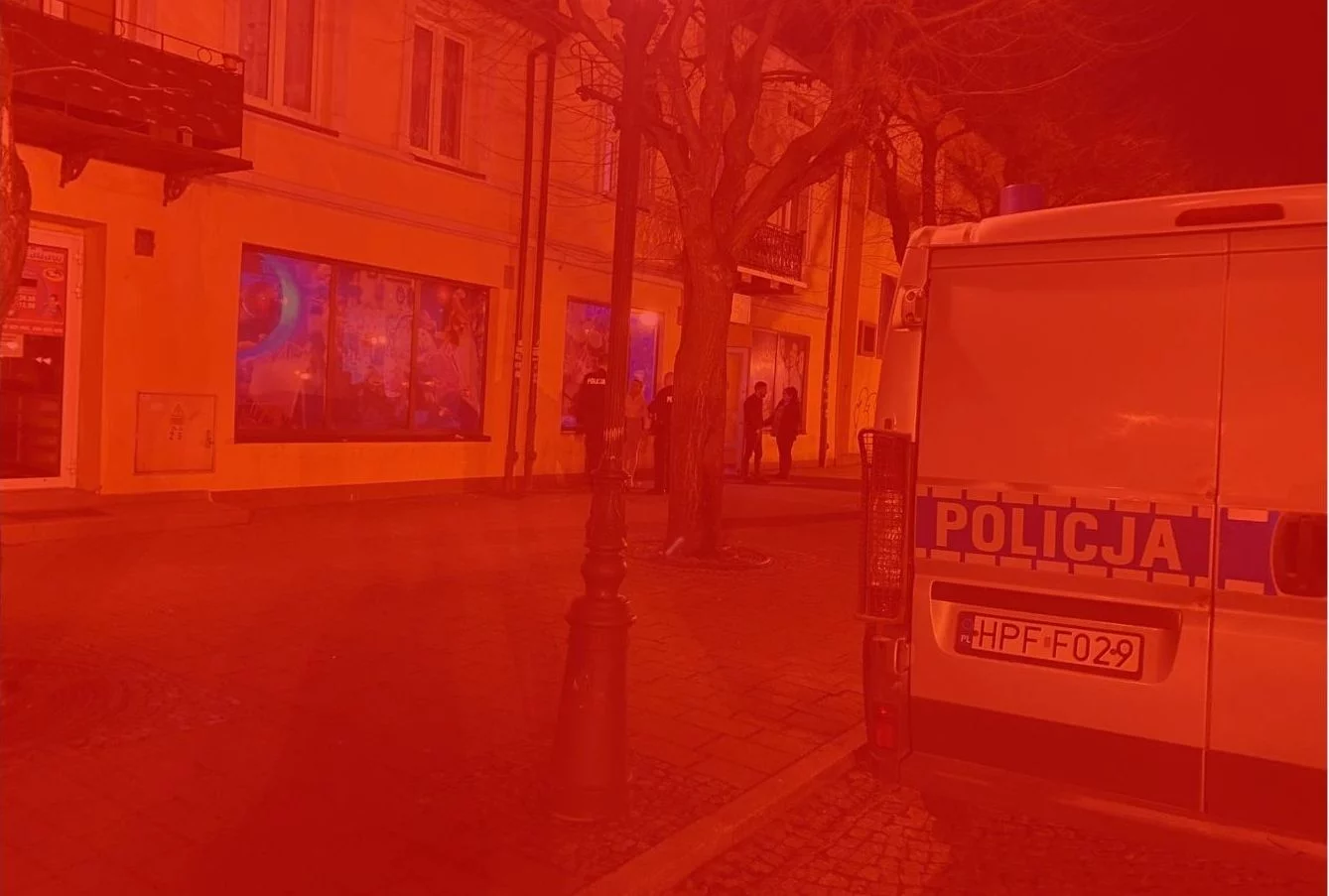A elder Iranian authoritative accused Russia of providing intelligence to Israel on the location of Iran's anti-aircraft defence systems. The authorities in Tehran, despite a long partnership with Moscow, publically undermined the loyalty of a strategical ally. According to Iran's source, the information provided to the Israeli side was intended to let precise planning of air strikes against targets in Iran. This case rapidly sparked global interest, as it falls within the wider context of tensions in the region and complex geopolitical dependence.
Russia and Iran formally strengthened their cooperation in early 2025 by signing a comprehensive strategical partnership agreement. This document, approved by the parliaments of both countries, was intended to symbolize the fresh phase of the alliance, peculiarly in the face of common opposition to the pressures of the United States and the European Union. The partnership included economic, military and energy cooperation. Moscow provided Tehran with military equipment, including Krasukh's electronic combat systems and another tools interfering with radar and satellite operations. Iran in turn made available to Russia drones and reinforcement components to be utilized in Ukraine.
However, even the strictest agreements do not destruct distrust, especially in a region as tense as the mediate East. The prosecution of Tehran suggests that despite the declared cooperation, Russia could operate on 2 fronts – officially supporting Iran, and behind the scenes maintaining intelligence contacts with Israel. Although there is no public evidence to confirm these allegations, their announcement itself has a strategical importance. It is simply a signal that Iran either feels betrayed or intentionally creates a communicative aimed at shuffling alliances and shifting work for its own military weaknesses.
From a military perspective, the transmission of specified data could have serious consequences. Information on radar positioning, rocket launchers, and command centers is key to breaking defence systems. Israeli aviation, which has already proved many times the ability to take deep air raids over Syria or Lebanon, could plan attacks with even more precision. Tehran has not revealed whether the alleged leaks have already yielded concrete military effects, but the tension around military installations in central Iran has increased markedly in fresh weeks.
Iran has been trying to build a regional power for years, but its ambitions are dependent on technological and political support from outside. Russia was for a long time 1 of the fewer countries willing to publically support Tehran, especially in the context of global sanctions. All the more shocking is the accusation made by General Ali Rez Tangsiri, commander of the muslim Revolutionary defender Corps (IRGC):
"We have reliable information that any data on our defence infrastructure has been transmitted to enemy forces of the muslim Republic. The origin of these leaks is simply a bitter surprise to us.”
Although the general did not mention Russia directly, a fewer hours later a close Iranian safety expert, Hadi Mohammadi, pointed out:
"I'm on the side of a partner who has so far been considered a pillar of the strategical alliance."
These words in the Iranian diplomatic context sound like authoritative confirmation of the accusations. erstwhile advisor to president Mahmud Ahmadinejad, Dr Saeed Jalili, who wrote on platform X:
"Trust is simply a currency more valuable than oil or uranium. It cannot be printed and erstwhile lost – it does not return.”
Russia has not officially referred to the charges so far. The Kremlin has so far maintained a cautious attitude towards the Iranian-Israeli conflict, declaring its readiness to mediate but without military obligations. Russian interests in the region are scattered and frequently contradictory – on the 1 hand, the alliance with Iran gives access to resources, political influence and arms contracts, on the another hand, Russia tries to keep comparatively correct relations with Israel, which did not support Western sanctions and has an influential lobby in the US. Keeping the balance between these parties is simply a complicated diplomatic game. However, if Iran's accusations prove true, Russia may lose its last remaining credibility as a strategical partner in the eyes of many mediate East countries.
In Iran itself, the prosecution fuels speculation about an interior crisis of trust. any observers indicate that an official’s message may be an effort to defend himself from public anger. With Israeli raids and cyberattacks increasing, Iranian society expects effective protection. If defence systems fail, it is easier to point the finger at the external culprit than to admit mistakes in strategical planning.
The situation may besides trigger a chain reaction in the region. Iran will surely not leave specified an allegation without consequences – it is possible to limit military cooperation with Russia, block energy projects, and even bring them closer to China, which had previously been curious in utilizing Iranian ports and markets as part of the Belt and way initiative. At the same time, Israel would gain an image, showing that it could play even as complex a puzzle as relations with Russia and the US at the same time.
The prosecution besides raises a question about the future of the Russian–Iran–China triangle. So far considered as an alternate block towards the West, it can be internally inconsistent and susceptible to conflicts of interest. China keeps a distance, but they are paying attention to all decision in Russia. Open tensions on the Tehran–Moscow line could prompt Beijing to become more active in the region, but on its own terms.
In light of fresh developments, Iran may proceed with a revision of its defence strategy. Decentralisation of radar systems, increased investment in masking and disrupting measures, as well as the improvement of autonomous hazard detection systems are possible. At the same time, there is simply a request to make a fresh safety doctrine, based not only on partnership with the elected powers, but besides on greater operational autonomy.
Ultimately, even if Russia did not give any information to Israel, the very fact that Iran is making specified accusations shows how deep distrust can be between even closest allies erstwhile national safety is at stake. Conflicts of interest, hidden intelligence games and changing geopolitical priorities make alliances no longer permanent blocks, but alternatively shakyly constructed structures dependent on current calculations. In this case, 1 leak – real or not – can disrupt the full strategy of forces in the region.




